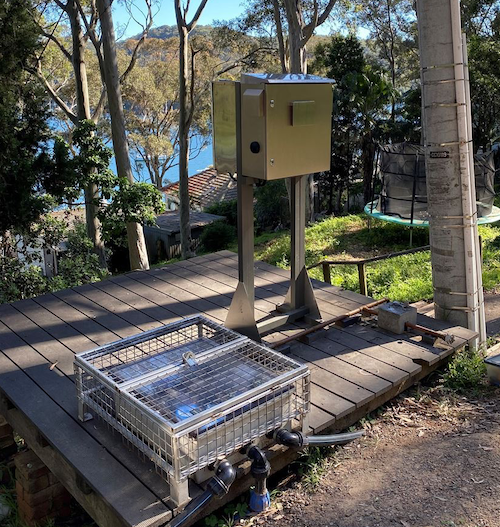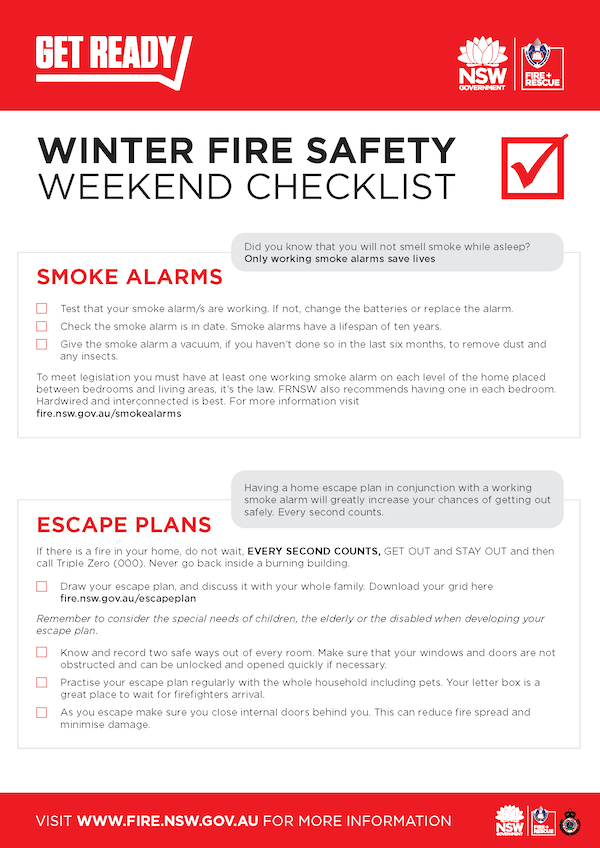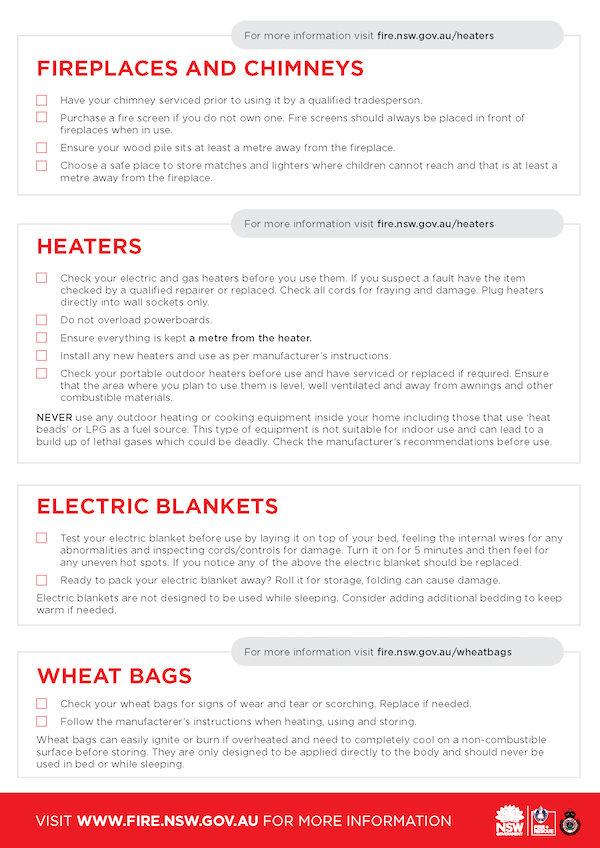| Having trouble reading this newsletter? Visit https://ymlp.com/archive_gesgjgm.php | ||||||||||
 |
||||||||||
| May 23 2020 | ||||||||||
|
Newsletter for Offshore
Residents of Pittwater, Australia
|
||||||||||
Scotland Island Water System Phase 3 Live!We are pleased to let you know that phase 3 is live with more than 30 users, getting water, using it so far!The Zoom sessions we conducted over the past 2 weeks were successful, with over 70 people joining the 30 minute sessions to see the explanation and ask questions. 35 people self tested their understanding anonymously with the Quiz. If you missed the Zoom sessions and would like to watch one, we have a recording for you. Another handy resource is the 2-page cheat sheets pdf. For help and instructions, use the links below. To pass on any comments or ask questions, contact to your Water Monitor or a SIRA (sub) committee member.
Offshore CommunityBlue Bins are for Bagged Domestic Waste ONLY !NO BUILDERS RUBBISH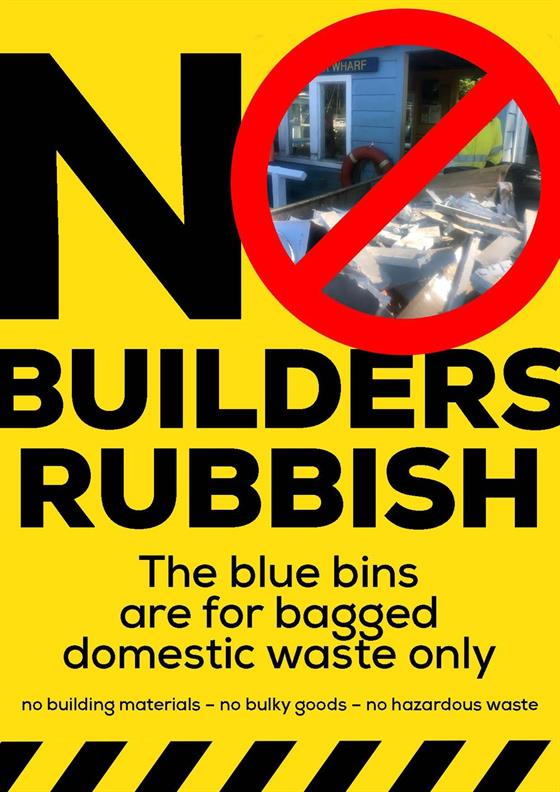 This notice has been made necessary due to actions of someone who has filled a blue skip bin at North Elvina with building materials including plasterboard and timber. This act has affected all local residents and also forced the local contractors to manhandle and deal with the waste. (They are under no obligation to do so). The large blue skip bins are for bagged domestic waste only, including food waste / food soiled paper / nappies / polystyrene / broken glass & ceramics. Items such as building materials, hazardous waste, recyclable items, computer equipment, asbestos, batteries, gas cylinders or bulky goods must be disposed of privately either by yourself, by using a local contractor to assist you, or in the twice yearly bulky goods collection. The West Pittwater Community Association on behalf of all residents ask that everyone take responsibility for their rubbish and do the right thing.  Winter Fire SafetyClick image to load flyer
West Pittwater Rural Fire BrigadeFIREPLACE SAFETYUnseasoned Wood There's nothing quite like a good wood fire, however the West Pittwater RFS advise householders not to burn unseasoned wood or to slowly burn wood overnight. (see why below) The health problems associated with woodsmoke include asthma, chronic lung disease, heart problems and premature births and deaths. Some of the toxic chemicals in woodsmoke are known to cause cancer. Did you know that smoke from wood heaters is a major cause of pollution and during winter can produce up to 7 times as much particle pollution as cars. The Basics
Never Burn
The danger of burning unseasoned woods or allowing fireplaces to burn slowly overnight.Unseasoned firewood, (also called greenwood ) hasn’t had time to dry properly. This unseasoned wood uses its energy to remove the remaining moisture from the wood, rather than warming your home.Burning wood and fossil fuels at low temperature causes incomplete combustion of the oils in the wood, which are off-gassed as volatiles in the smoke. As smoke rises through the chimney it causes water, carbon, and volatiles to condense on the interior surfaces of the chimney and on exterior surfaces such as roofs. The condensation can then be washed into rainwater tanks, which builds up as chemical residues in the water. The residue inside the chimney also builds up as creosote. Since creosote is highly combustible, a thick accumulation creates a fire hazard. If a hot fire is built in the stove or fireplace, and the air control left wide open, this may allow hot oxygen into the chimney where it comes in contact with the creosote which then ignites—causing a chimney fire. Chimney fires often spread to the main building because the chimney gets so hot that it ignites any combustible material in direct contact with it, such as wood. The fire can also spread to the main building from sparks emitting from the chimney and landing on combustible roof surfaces.  TIPS FOR SAFER BURNING
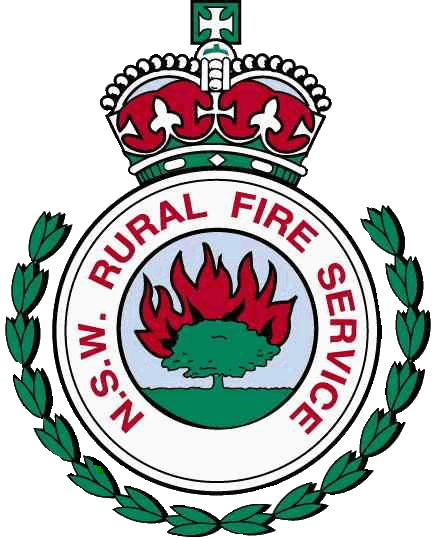 West Pittwater Rural Fire Brigade Andrew Cutler Captain 0423 244 444 MEDIA RELEASEGreenlight for South West Lovett Bay CoastcareNewly formed South West Lovett Bay Coastcare (SWLBC)
has been successful in achieving support from Greater
Sydney Local Land through funding from the NSW
Government's Catchment Action program.
Avoiding MosquitoesUnfortunately mosquito numbers in the local area are still quite abundant and are a potential source of disease transmission. The information below provides a reminder for residents to avoid mosquitoes to prevent disease.To prevent potential transmission of disease it is important to avoid being bitten by mosquitoes. The best way to avoid mosquitoes is to:
https://www.health.nsw.gov.au/Infectious/factsheets/Factsheets/mosquitoes-health-hazard.pdf Kind Regards, Haris Shakoor Environmental Health Risk Manager | Northern Sydney Public Health Unit 36-76 Palmerston Road, Hornsby, NSW 2077 Tel (02) 9477 9029 | Fax (02) 9482 1650 | Mob 0428 245 042 | Haris.Shakoor@health.nsw.gov.au Missed out on a Previous Newsletter A complete set of past
electronic newsletters since May 2000 can be found and
read at https://ymlp.com/archive_gesgjgm.php or
by
clicking
here or by visiting the Mona Vale Library.
To ContributeIf you would like to contribute to this newsletter it's easy!. Send an e-mail to the editor (editor@scotlandisland.org.au) or by clicking here. Type your contribution (100 words or so would be fine) and assuming it is of general interest to the community, does not include matter of a political nature and is not offensive, it will appear next month.Subscription InformationTo get on and off this newsletter, click here or got to: http://www.scotlandisland.org.au/signup .To change your address, click the 'modify' link at the bottom of this newsletter or send an email to the editor@scotlandisland.org.au Follow the PON
The Online Local Contacts GuideClick HERE to loadThe
views
expressed in this newsletter are not necessarily the
views of the Scotland Island Residents Association
(SIRA), or the Western Pittwater Community
Association (WPCA)
|
||||||||||
 |
